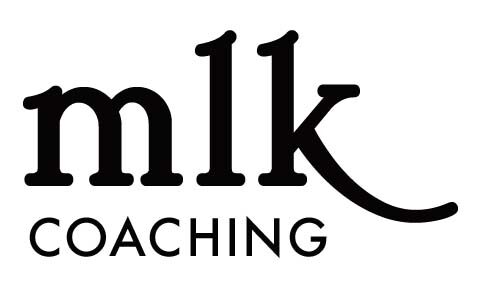
Ferocious Thoughts! We all have them! Sometimes it is a loud voice in our heads, other times it’s a quiet one. Does this sound familiar? I’m not good enough. They will think I’m a fraud. I’m a fake. Anyone else could do this better than me. I’m not smart enough. I’m not man (or woman) enough. I’m too old….I’m too young. I’m not a real_______ (writer, artist, singer, coach, teacher etc.) You fill in the blank.
Other times it is the voice of someone else still in our heads: Who do you think you are? What makes you qualified? You don’t have the education to do this job. You don’t have the experience. You are too old to do this. You can’t possibly think you are qualified. What are you thinking? There’s NO way you are going to get this job/client/promotion/project/
Sound familiar?
These thoughts are called many things…the saboteur, inner critic or gremlin.
So how do you tame these gremlins? Here’s some ways to lasso that lion – oops gremlin.
- Know that everyone has these voices. Unless you aren’t human! It’s part of our DNA. In my experience as a coach women have louder saboteurs then men. It may be that men ignore them more, I’m not sure. Or they bury them in their subconscious mind.
- Develop awareness. The first step in understanding the saboteurs is to notice them. When you tune in to what’s being said in your head and become aware you will start to notice what’s true and what isn’t.
- Track those thoughts! Now that you are focusing on the saboteurs start to record what they are saying, how they are saying them (tone etc.) and who is saying them. Sometimes the voices may have a human form and sometimes they won’t. Do you recognize the voice(s)?
- Acknowledge the voices. Simply by saying to yourself, “Ah that’s my saboteur talking” you can diffuse things.
- What is the truth? Look for that small piece of truth about what is being said – if there is one – and acknowledge it as one of many factors. However, don’t let that tiny piece of truth stop the whole idea of what you really want. Ask yourself what is the REAL truth here.
- Take action! Action might look like:
- Imagining yourself locking that persistent saboteur into a cupboard, metaphorically speaking. Or sending them on a vacation!
- Other times it might be acknowledging any truth in the saboteur’s comments and then moving on and…
- Counter the negative energy with positive affirmations
- Saboteur thoughts generally evoke and are motivated by negative emotions: fear, doubt, anger, frustration, shame, guilt, insecurity, stress. That’s one way to recognize the tricky saboteur.
- Counter with affirmative, positive thoughts and beliefs: I am good enough, I am capable. I can turn this into an opportunity. I can do it.
Sometimes it is hard for us to recognize our own saboteurs. That’s where a coach comes in. I can help you to see what is really true and what is those nasty saboteurs or gremlins getting in the way of your happiness. Email me to set up a free consultation (mary@mlkcoaching.com). Don’t let your saboteurs get in the way of you having the life and career you truly want.
Check back here next week for my follow up article, including details from Shirzad Chamine about the saboteur.







